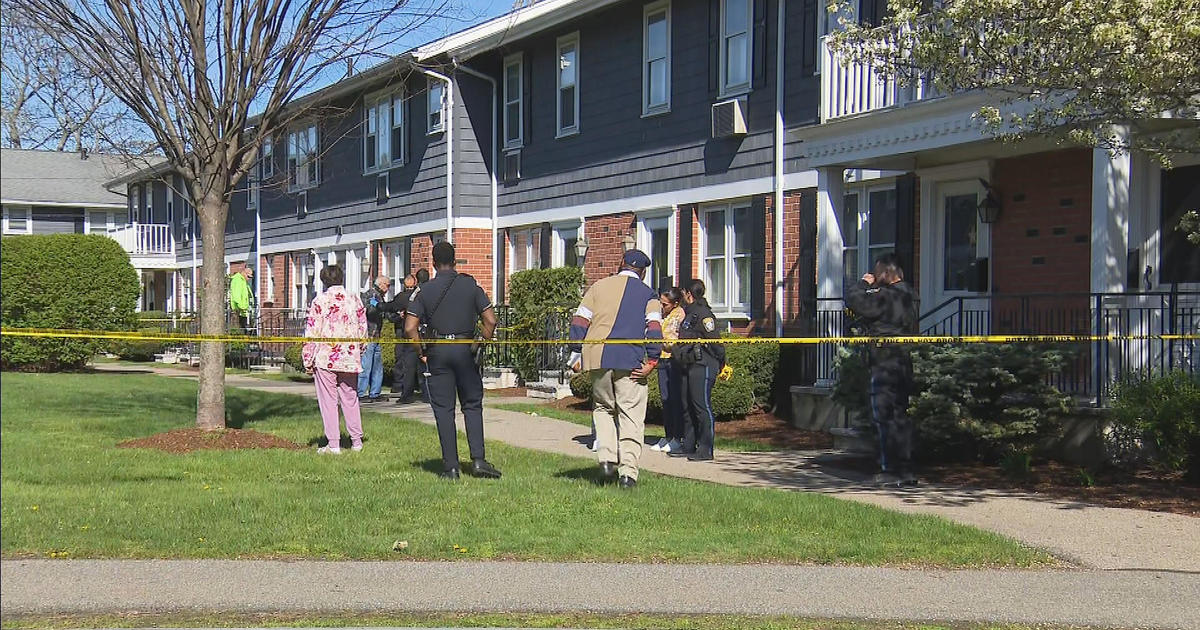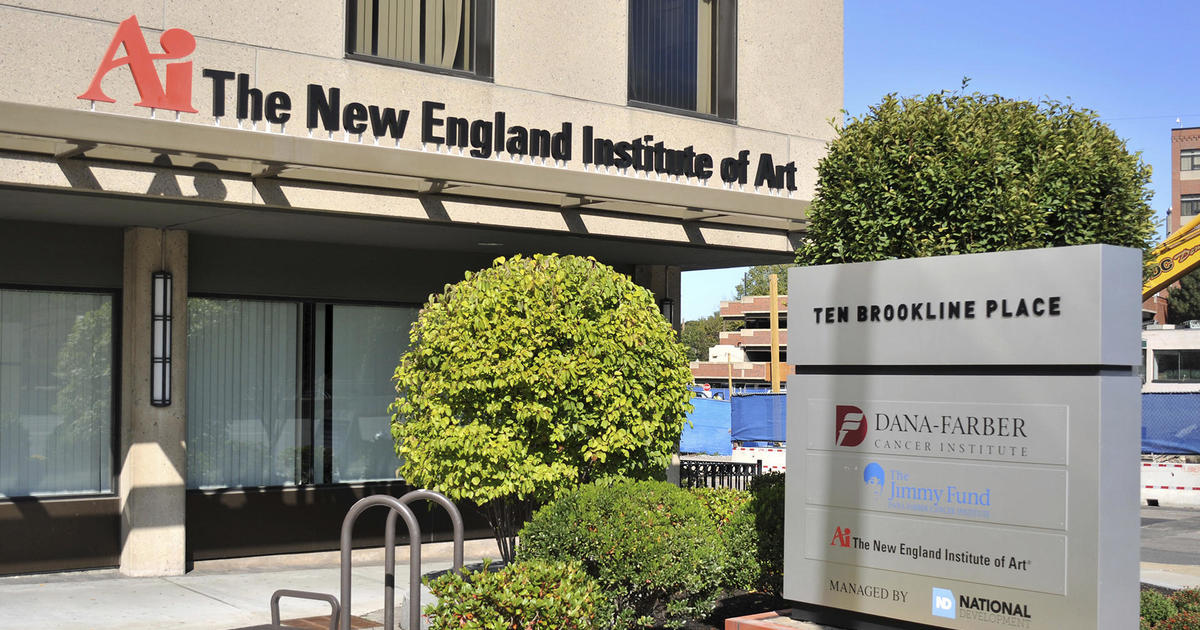Earthquake that rattled Northeast felt in several Massachusetts cities and towns
BOSTON - An earthquake centered in New Jersey late Friday morning was felt as far away as Massachusetts.
According to the U.S. Geological Survey, the 4.8 earthquake was centered near Whitehouse Station, New Jersey, 40 miles west of New York City around 10:20 a.m. Despite being hundreds of miles away, people in several towns in Massachusetts reported feeling something at that time.
Viewers from Brookline, Quincy, Wrentham, Fitchburg, Danvers, Franklin, Framingham, Pepperell, Malden and Groton all told WBZ TV they felt shaking.
"She said that's what woke her up today instead of her alarm clock," said one man in Quincy about his girlfriend.
Why did only some people feel the quake?
Dr. John Ebel of Weston Observatory was asked why some people felt the earthquake and others didn't. He said it depends where you are.
"If you're on, for instance, landfill or you're on river valley sediments, those amplify the ground shaking," said Ebel, who is also a professor of geophysics at Boston College. "We're here on rock, which is why you have a seismic observatory here. The rock doesn't amplify the ground shaking so much but it actually gives us a better recording of what the waves actually look like as they come back to the earth."
"MEMA has received multiple reports of shaking across the Commonwealth. Our Local Coordinators are making outreach to communities to receive damage reports/requests for assistance," said the Massachusetts Emergency Management Agency on social media.
At this point, there are no reports of any damage or injuries in Massachusetts. Ebel said a 4.8 isn't enough to cause much damage, not even at the epicenter.
"Things get knocked off the shelves, cracks in maybe some plaster walls, maybe a few brick walls" said Ebel.
Ebel said he's looking forward to the aftermath now, which involves plenty of research.
"It's exciting because it's a whole new area of research following the earthquake after all the hubbub dies down," said Ebel. "I know colleagues will be putting seismic instruments out to measure the aftershocks, I'll be studying the waves and trying to figure out exactly what the fault movement was, whether it's associated with the local faults or what may have caused this particular earthquake. So there's a lot of research that now I have to do that I didn't have to do this morning when I woke up."
Ebel said this size earthquake tends to occur in the Northeast every 20 years.




